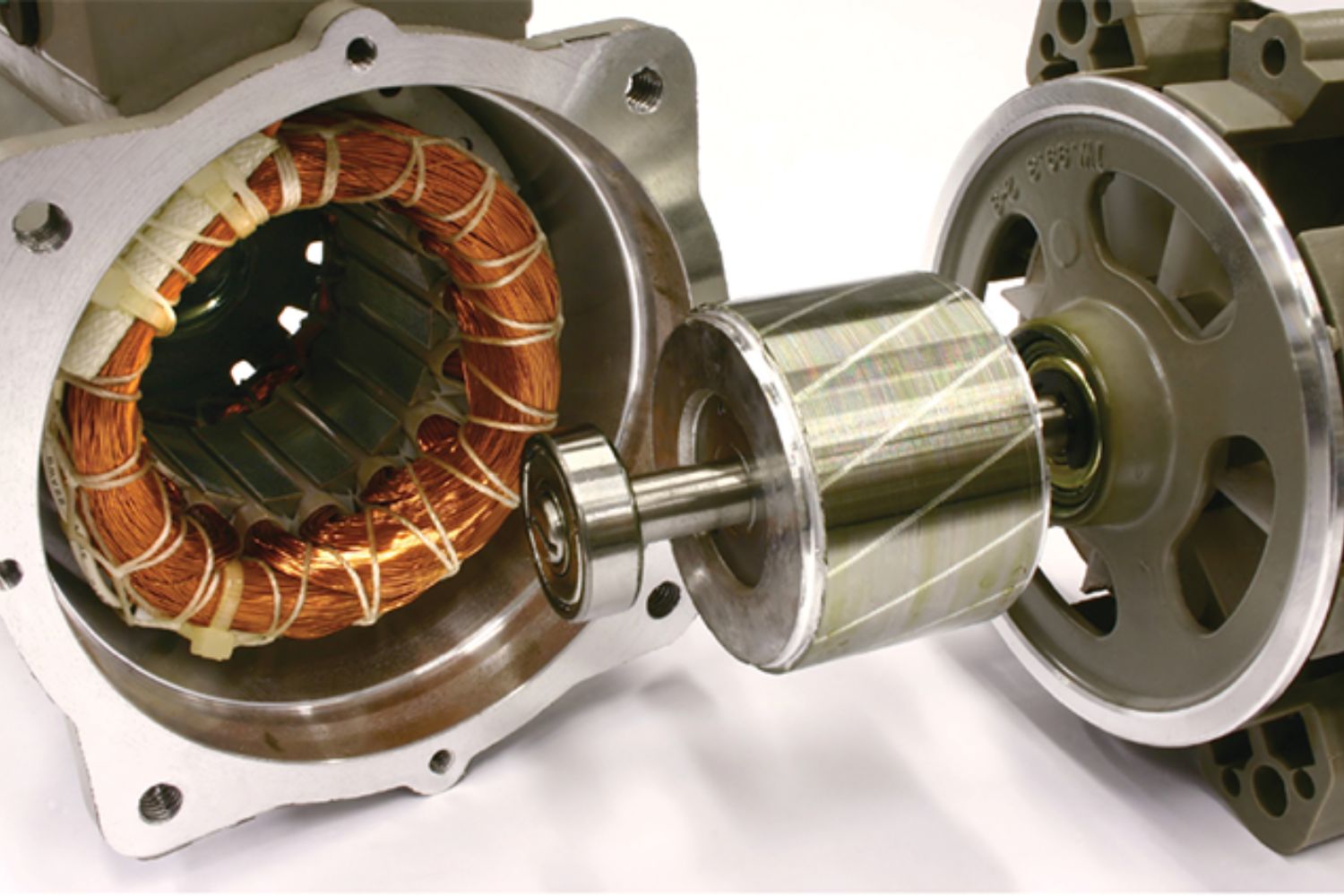Experiencing a sudden loss of power while driving can be a disconcerting experience for any driver. The reasons for this issue can range from minor to severe, affecting your vehicle's performance and safety. It’s essential to understand what causes a car to lose power when driving so that you can address the problem promptly and prevent further complications. In this article, we will explore the various factors that can lead to a decrease in power, helping you diagnose the issue and seek the necessary repairs.
Power loss in a vehicle can manifest in several ways, including sluggish acceleration, engine stalling, or even a complete loss of function. Many drivers may feel helpless when faced with this problem, unsure of what steps to take next. By familiarizing yourself with the potential causes and symptoms, you can be better prepared to handle these situations. Additionally, being proactive in vehicle maintenance can help you avoid these issues altogether.
Understanding the root causes of power loss can empower you as a driver, enabling you to make informed decisions about your vehicle's upkeep. In the following sections, we'll delve into the various reasons behind a car's power loss, from mechanical failures to engine issues, and provide insights on how to address them effectively.
What Mechanical Issues Can Cause Power Loss?
Mechanical issues are often the primary culprits behind a car losing power while driving. These problems can stem from various components of the vehicle, including:
- Transmission Problems: A faulty transmission can lead to power loss, making it difficult for the engine to transfer power to the wheels effectively.
- Clutch Issues: In manual transmission vehicles, a worn-out clutch can cause slipping, leading to a significant drop in power.
- Fuel System Failures: Clogged fuel filters and failing fuel pumps can restrict fuel flow, resulting in a lack of power.
- Exhaust Blockages: A blocked exhaust can cause back pressure, restricting the engine's ability to expel exhaust gases and draw in fresh air.
Could Electrical Failures Be a Reason for Power Loss?
Yes, electrical failures can certainly contribute to your car losing power. Here are a few electrical issues that may affect performance:
- Battery Problems: A weak or failing battery can result in inadequate power to the engine's components, hindering performance.
- Faulty Alternator: If the alternator is not charging the battery effectively, it can lead to power loss while driving.
- Wiring Issues: Damaged or corroded wiring can interrupt the flow of electrical current, affecting various systems in the vehicle.
How Do Engine Problems Contribute to Power Loss?
Engine problems are another significant factor that can cause a car to lose power. Here are some common engine-related issues:
- Ignition System Failures: Problems with spark plugs, ignition coils, or the ignition module can lead to misfires and reduced engine power.
- Air Intake Issues: A clogged air filter can restrict airflow, leading to a rich fuel mixture and decreased power.
- Engine Wear and Tear: General wear on engine components can lead to reduced compression and overall power loss.
What Role Does Fuel Quality Play in Power Loss?
The quality of fuel being used can significantly impact your vehicle's performance. Poor-quality fuel can lead to:
- Engine Knock: Low-octane fuel can cause knocking, which can hamper engine efficiency.
- Clogged Fuel Injectors: Impurities in low-quality fuel can clog injectors, restricting fuel flow.
- Corrosion: Contaminated fuel can lead to corrosion within the fuel system, causing various issues.
Can Environmental Factors Cause a Car to Lose Power?
Yes, environmental conditions can also affect your vehicle’s performance. Consider the following factors:
- Altitude: Higher altitudes can lead to thinner air, affecting engine performance and power output.
- Temperature: Extreme heat or cold can impact engine efficiency and fuel combustion.
- Humidity: High humidity levels can affect air-fuel mixtures, potentially leading to performance issues.
What Maintenance Practices Can Prevent Power Loss?
Preventative maintenance is key to avoiding power loss in your vehicle. Consider implementing these practices:
- Regular Inspections: Schedule routine check-ups for your vehicle to identify potential issues early.
- Change Filters: Regularly replace air and fuel filters to ensure optimal flow and performance.
- Service the Engine: Maintain the engine by changing oil and addressing any wear or damage promptly.
- Check Electrical Systems: Ensure the battery and alternator are functioning correctly and replace them as needed.
When Should You Seek Professional Help?
If you notice a significant or sudden loss of power while driving, it's crucial to seek professional assistance. Signs that indicate a need for a mechanic include:
- Persistent sluggish acceleration
- Engine stalling or misfiring consistently
- Unusual noises coming from the engine or transmission
- Warning lights on the dashboard
Can Regular Driving Habits Affect Power Loss?
Your driving habits can also influence your vehicle's performance. Here are some habits to consider:
- Aggressive Driving: Rapid acceleration and hard braking can put extra strain on your vehicle.
- Neglecting Maintenance: Skipping routine maintenance can lead to more severe problems down the road.
- Driving with a Heavy Load: Overloading your vehicle can affect its power and performance.
In conclusion, understanding what causes a car to lose power when driving is essential for every car owner. By familiarizing yourself with the various mechanical, electrical, and environmental factors, as well as implementing proper maintenance practices, you can help ensure your vehicle runs smoothly and efficiently. Remember, if you ever feel uncertain about your car's performance, don't hesitate to seek the advice of a professional mechanic.
You Might Also Like
Exploring The Mystery Of The Barrier Of LightDiscovering The Benefits Of The Safe Travels Card
Is Body Scrub Soap The New Must-Have For Your Skincare Routine?
Unveiling The World Of The Extremely Thin: A Deep Dive
Celebrate Love And Freedom: Fourth Of July Wedding Dresses
Article Recommendations


